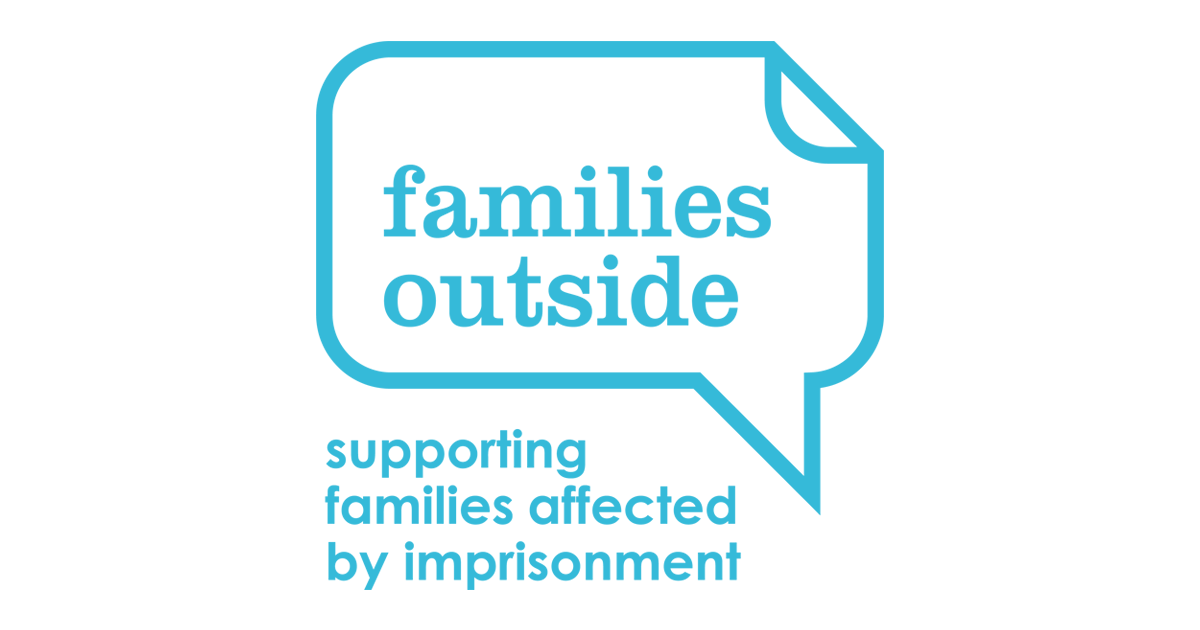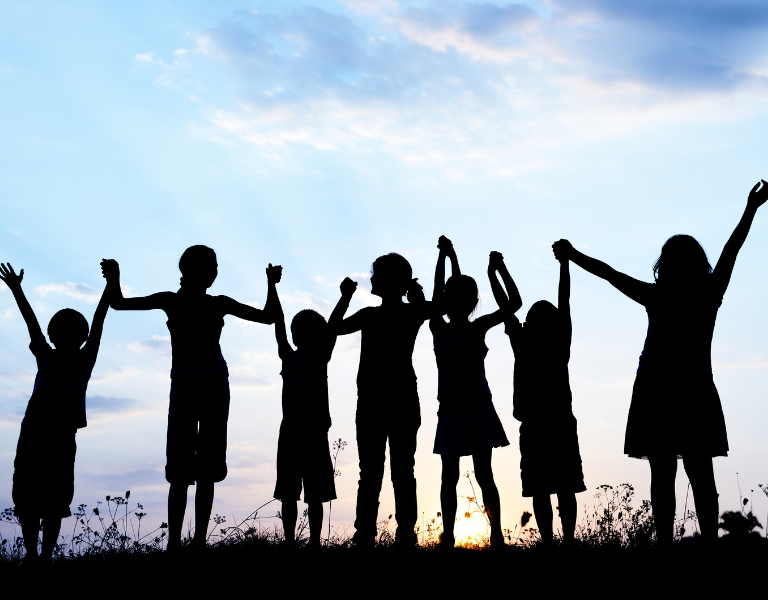
Families Outside
Reflecting on Challenge Poverty Week from Families Outside’s perspective, the message is clear: for many families in Scotland, poverty can be all-encompassing… and this can have a massive effect on children.
When the current Scottish First Minister took office, ending child poverty was noted as high priority. However, in much of the legislation and policy surrounding this issue, one key driver of child poverty – and a significant threat to children’s rights – is often overlooked: the imprisonment of a family member or loved one.
Many children and families are subject to the dual impacts of poverty and imprisonment. 45% of all arrivals in prison come from Scotland’s 20% most deprived areas, and when a family member goes to prison, the strain on the family finances is only increased. Families Outside’s recent financial impact report, Paying the Price: The Cost to Families of Imprisonment and Release, found that many families spend more than a third of their monthly income supporting someone who has been sentenced to prison, while families supporting someone on remand spend more than half of their monthly income. These costs overwhelmingly fall to women on low incomes.
Similarly, childcare often falls to women, particularly when a family member is imprisoned. As a result, women and families who are already experiencing poverty are being pushed to breaking point in terms of time and resources. Without suitable intervention, this can have a significant and often lasting impact on the children in their care. In the majority of cases, women’s poverty is child poverty…
Imprisonment of a household member is one of the ten adverse childhood experiences (ACEs), known to have a significant impact on children and young people’s long-term health and wellbeing, and have a significant impact on children’s family relationships. One mother described the distress caused by the high costs of mobile phones in prison which often mean that her daughter’s limited contact with her father in prison is cut short:
“The phones are so expensive […] The money is going down quickly, and I have to put in extra…But if you have £5 on your phone, she is 4, she doesn’t understand, when the phone cuts off she doesn’t understand that the money has run out.”
Growing up in poverty, on top of the imprisonment of a household member, can mean that children are also at a higher risk of exposure to other ACEs. Without proper support, children with a parent in prison are three times more likely to go on to develop serious mental ill health than children who do not experience this.
There is currently a conspicuous lack of data collected on children affected by imprisonment. Although an estimated 20-27,000 children experience the imprisonment of a parent each year in Scotland, this number is exactly that: an estimate. As a result, many children affected by imprisonment remain unacknowledged and unsupported.
Children and families affected by imprisonment are not currently recognised as one of the priority families in Scottish Government’s recent Tackling Child Poverty Delivery Plan. These priority families include lone parent families, minority ethnic families, families with a disabled adult or child, families with three or more children, families with a mother under 25, and families with a child under one year of age. Many families affected by imprisonment may fall into one or more of these groups, and often women supporting someone in prison have very similar lived experiences to lone parents, even though they may not define themselves as such. Their partner may still be involved in family life but, due to their imprisonment, families affected by imprisonment experience some of the same hardships that lone parent families face, on top of the costs of supporting someone in prison. In spite of this, a lack of targeted support for the costs of imprisonment means that often particularly vulnerable children and families are struggling needlessly.
More must be done for all of Scotland’s vulnerable children. The Scottish Child Payment was introduced in 2021 to support low-income families and has subsequently increased to a payment of £25 per week. However, nearly a quarter of children in Scotland are still living in poverty, and more than two-thirds of children in poverty live in working households. As both Child Poverty Action Group and Save the Children suggest, the Scottish Child Payment should be increased to at least £40 per week in order to meet child poverty targets effectively. Not only this, but this benefit and others like it must be made more accessible, and more awareness must be raised to ensure that children and families can access the support to which they are entitled. Prof Nancy Loucks, CEO of Families Outside, notes:
“Imprisonment creates enormous difficulties for the families left behind; financial impact is just one of these, but a key one that affects housing, education, social capital, physical and mental health, and access to opportunities. Recognition of this group of children is crucial to help us highlight and address this hidden punishment.”
In the wake of a pandemic and cost-of-living crises, poverty is an increasingly persistent issue that must be comprehensively addressed. It is a major human – and children’s – rights issue that both the UNCRC (Incorporation) (Scotland) Bill and the forthcoming Scottish Human Rights Bill will require bold action to address. However, we cannot simply wait for the change it is to be hoped these legislative developments will deliver. Families, and specifically children, carrying the weight of both poverty and imprisonment need targeted support, and they need it now. As it stands, they are falling through the cracks.
If you, or someone you know, is struggling with this and need support, you can reach out to Families Outside’s non-judgemental Support & Information Helpline.


Enter your email address to receive regular e-updates about our work. If at any time you want to stop receiving these, simply contact us. We’ll keep your details safe and won’t share them with any other organisations for their marketing purposes. For full details see our Privacy Policy.